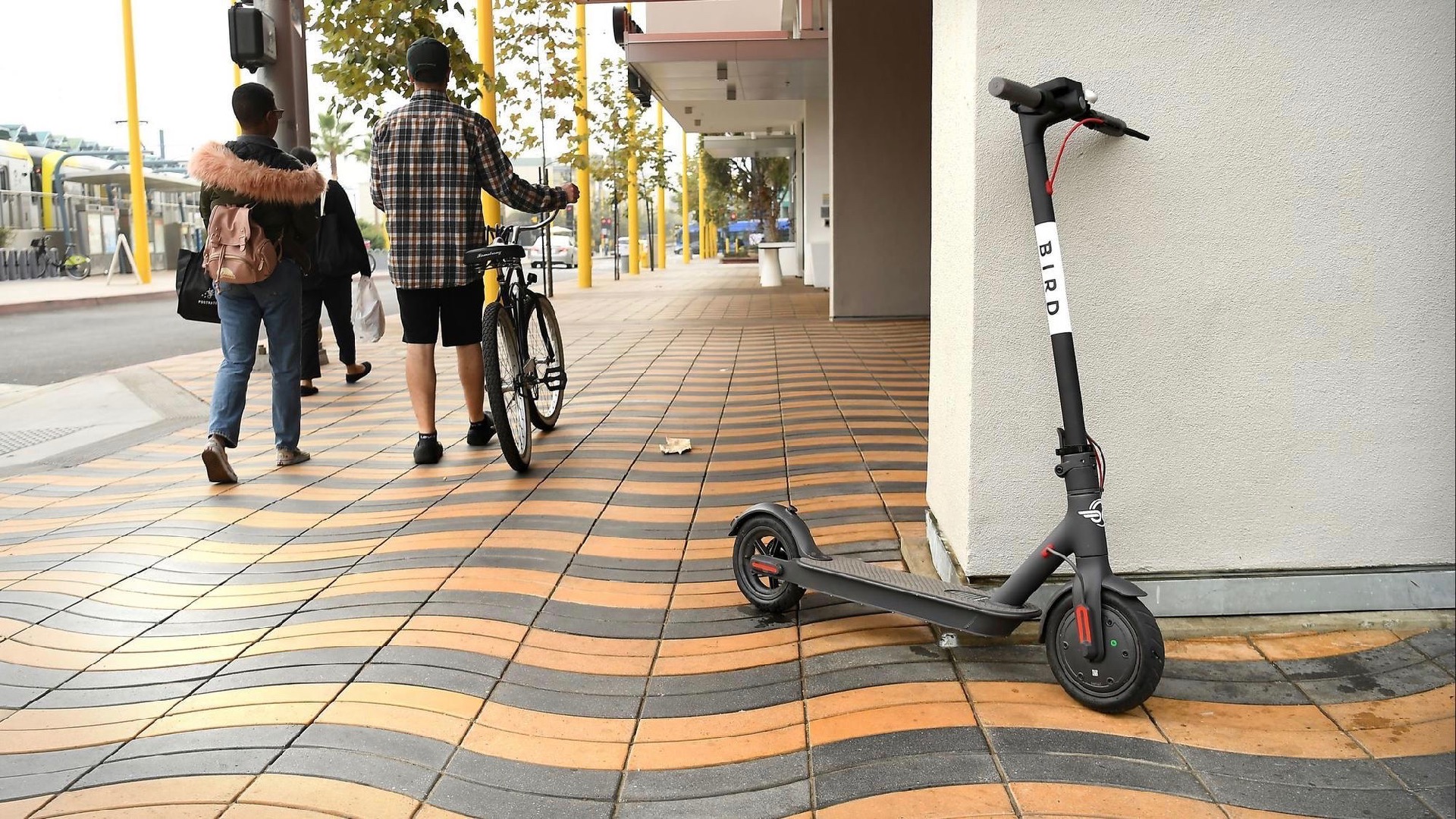

Scooter-sharing startup Bird is launching a new program that lets third-party entrepreneurs manage their own fleets of scooters. The program, called Bird Platform, will get Bird scooters into more places than Bird itself plans to deploy them.
Bird Platform will “empower local entrepreneurs in regions where we weren’t planning to launch,” Bird CEO Travis VanderZanden said in an interview with TechCrunch. In exchange for doing the legwork of launching a scooter-sharing service, those entrepreneurs will get access to Bird’s “tech and vehicles,” VanderZanden said.
Operators who sign on to Bird Platform buy scooters at cost. Bird then takes a 20-percent cut from ride revenue. Operators are responsible for charging and maintenance of scooters (which may be harder than it sounds), and for obtaining any necessary permits from cities. Bird announced Bird Platform in November 2018 and initially planned to launch the program in December 2018, according to TechCrunch.
The first Bird Platform scooters are now set to be deployed in New Zealand next week. That will be followed by launches in Canada and Latin America. Bird wants to limit partnerships to one operator per region, yet it believes each region could eventually get thousands of scooters.
Bird has become one of the biggest successes of the scooter-sharing boom, raising an estimated $400 million in funding to date. But pushback from regulators dismayed at the sudden influx of scooters on city streets may dampen the company’s progress as it works to expand internationally. Bird Platform leaves local operators to deal with any regulatory issues in their regions, which could save Bird some major headaches.